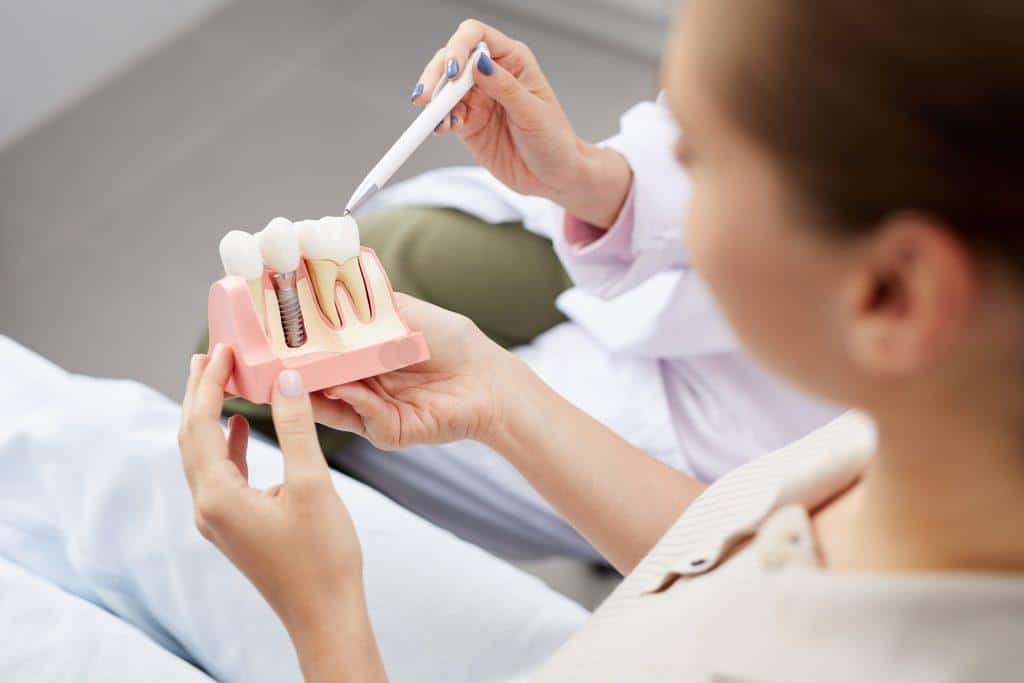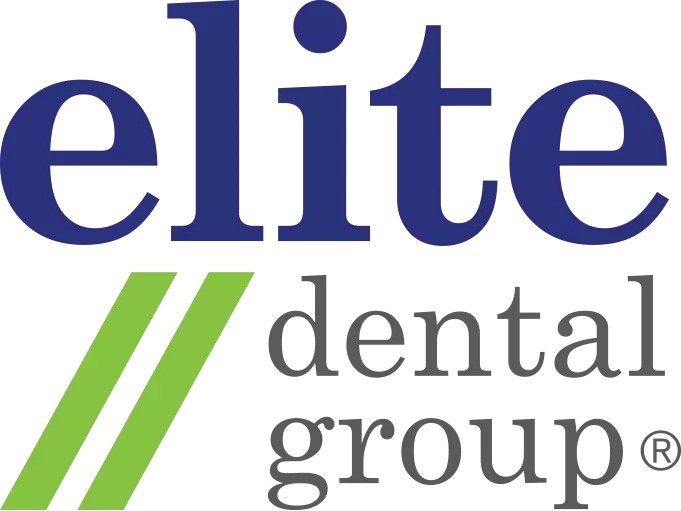
While considered an uncomplicated and relatively short procedure, the healing process is deemed a key aspect of the overall dental implant procedure. If you are a candidate for dental implants, it’s important to keep in mind that the recovery process will not happen overnight. If anything, it will take patience and commitment to achieve the best results possible.
Post-Surgery Recovery Tips: The Basics
Several factors can affect recovery time
The time needed for the mouth to completely heal after a dental implant procedure can vary from one person to another. In addition, it is also unique to each person’s oral conditions. Some of the factors that can affect recovery time include:
- Number of teeth that needs to be extracted and implanted (single or multiple)
- Whether bone grafting is necessary or not
- Overall health of the bone structure and mouth
- Existing standard of patient’s health
- Rate at which the body heals itself
The general consensus is this: post-surgery, you might experience pain for the first couple of days. It is also possible for you to experience bleeding and swelling. Ideally, after the third day, the swelling should have reduced and you’ll most likely no longer experience any discomfort.
The first full week after the procedure, your mouth should begin to feel normal after all the pain and inflammation has subsided. The risk of infection is also very minimal by then.
Post-surgery bleeding is just normal
After the procedure, you might experience oozing of blood from the dental implant site. In most cases, however, this is not really a cause for concern. If anything, it is perfectly normal. As mentioned earlier, this is completely normal and can be expected for the first 48 – 72 hours post-surgery.
A surgical gauze will be placed over the wound and it is recommended that you do not remove them the first hour after the surgery. Biting down onto them can also help minimise bleeding time significantly.
It is also important to remember that constant spitting and rinsing of the mouth might aggravate the bleeding further so biting down on the surgical gauze until the bleeding subsides is key.
What and when to eat and drink after surgery
For your new dental implants to heal accordingly, ensure you treat them as gently as possible especially during the first few weeks after the procedure. This can mean drinking and eating can be a little different to what you’re typically accustomed to. In line with this, it would be a good idea to eat soft foods at least the first week to 30 days after the procedure.
If your surgery is complicated, maintaining a diet of soft food for up to 6 weeks is considered ideal. Protein shakes, pureed foods, and smoothies are some options you can look into. In addition, refrain from consuming extremely hot foods and beverages the first-week post-surgery. Drinking alcohol is also considered a no-go.
Observing routine oral hygiene is very important
If you’re wondering if you can still brush your teeth after the procedure, the answer is yes. While you’re likely to experience pain if you open your mouth too wide, you should be able to resume your regular oral hygiene practices after 24 hours. To keep infection at bay, gently rinsing your mouth with salt water every few hours can definitely help.
In addition, avoiding hydrogen peroxide rinses and mouthwashes the first 14 days after surgery is also considered ideal. Another important thing you need to steer clear of at all cost is smoking. If anything, smoking can affect the mouth’s overall health in a negative way. For starters, it can significantly interfere with the natural healing process and puts you at a greater risk of infection.
